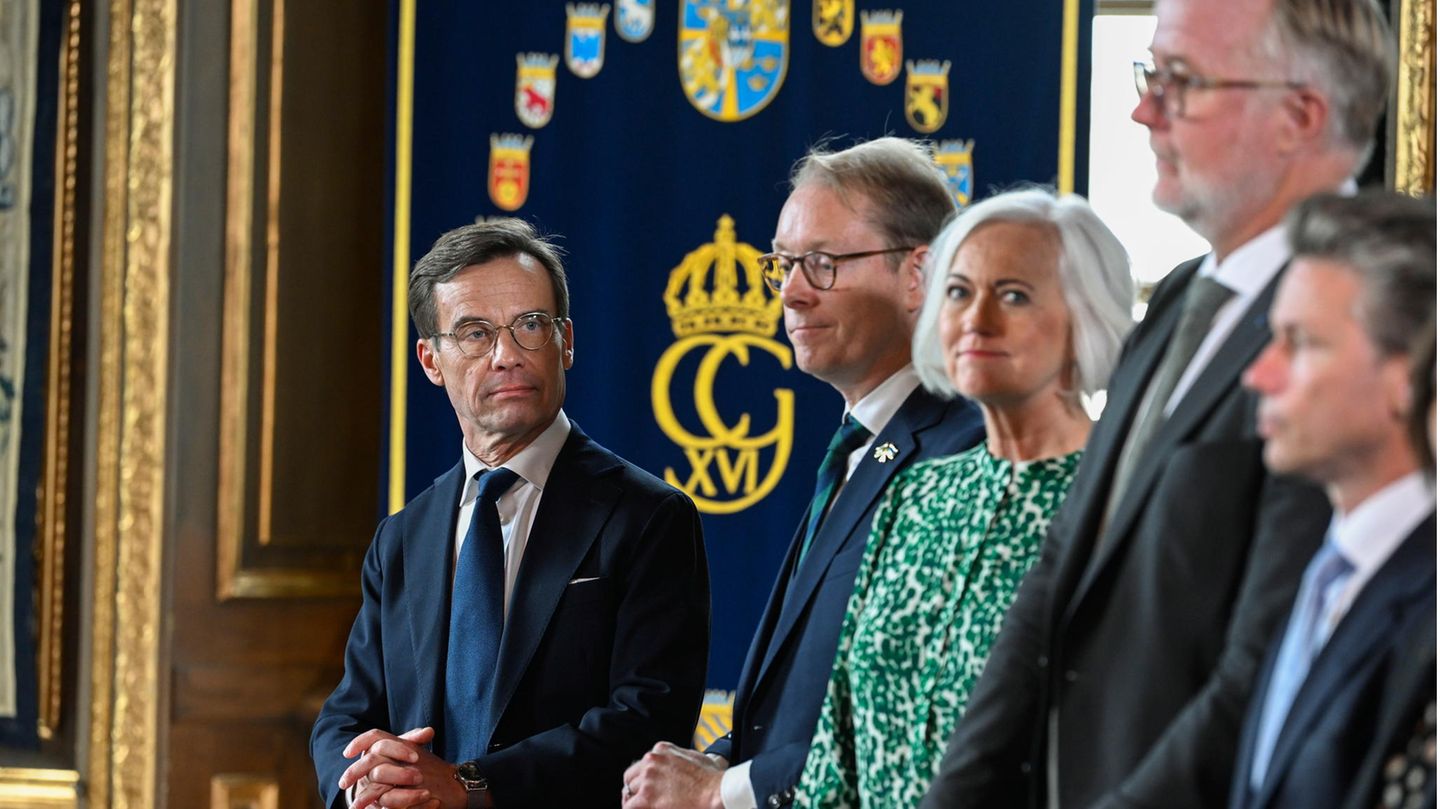Sweden’s new, right-wing government wants to move away from the concept of feminist foreign policy. The new foreign minister announced that he was primarily concerned with the term. The country has so far been considered a pioneer in feminist foreign policy.
On Tuesday, Sweden’s new Prime Minister Ulf Kristersson presented his cabinet – a minority government made up of moderates, liberals and Christian Democrats, which will depend on the support of the right-wing populist Sweden Democrats. The change of course is already noticeable in some areas. The new foreign minister, Tobias Billström (The Moderates), announced on the same day that Sweden would abandon the concept of feminist foreign policy that it had been pursuing to date.
Gender equality is still an important value in Sweden, also for future politics. But they no longer want to use the term “feminist foreign policy” because “labels tend to obscure the content,” he told the TT news agency. On the website of the Swedish Ministry of Foreign Affairs, the information pages about the feminist-oriented foreign policy could no longer be found on Tuesday. According to a report in the Swedish daily Dagens Nyheter, Billström said that feminist foreign policy should gradually give way to a policy that focuses on Sweden’s interests. Instead of the previously multilateral perspective, the new government wants to focus its foreign policy on Europe, especially the Nordic region and the Baltic States.
Sweden: World’s first country with a feminist foreign policy
Ann Linde, Sweden’s previous Social Democrat foreign minister, responded on Twitter to the new government’s announcement that it was moving away from the concept of feminist foreign policy. In it she said, among other things, “Sweden was the first country in the world to pursue a feminist foreign policy. A feminist foreign policy is a systematic way of prioritizing gender equality work.”
In 2014, under the leadership of the then Social Democratic Foreign Minister Margot Wallström, Sweden was the first country to officially announce that it would pursue a feminist foreign policy and has been considered a pioneer in this area ever since. The foreign policy approach should be an answer to the “systematic discrimination and subordination that characterizes the everyday life of countless girls and women around the world.” It includes various sub-areas such as the economic and political participation of women, health care such as access to contraception or abortion, or the fight against gender-specific violence. The participation of more female mediators in peacebuilding measures was also part of the Swedish concept.
Since then, several countries such as Canada, Mexico and France have followed suit and also committed themselves to a feminist foreign policy. Germany also joined under Foreign Minister Annalena Baerbock, the feminist foreign policy is in the coalition agreement of the Ampel government. With a well-received speech in the Bundestag, Baerbock defended it against criticism with clear words: Feminist foreign policy is not a “thing” but an important part of security policy, especially in view of international conflict situations in which women are particularly at risk. With the current protests in Iran, the issue of feminist foreign policy and the question of how far it can actually improve the political situation of women is gaining momentum. Many accuse Annalena Baerbock of reacting too slowly and hesitantly to the protests in Iran and are now calling for her feminist foreign policy to be put to the test.
Sources: AFP, “”, , “”, star, Twitter
Source: Stern
David William is a talented author who has made a name for himself in the world of writing. He is a professional author who writes on a wide range of topics, from general interest to opinion news. David is currently working as a writer at 24 hours worlds where he brings his unique perspective and in-depth research to his articles, making them both informative and engaging.




